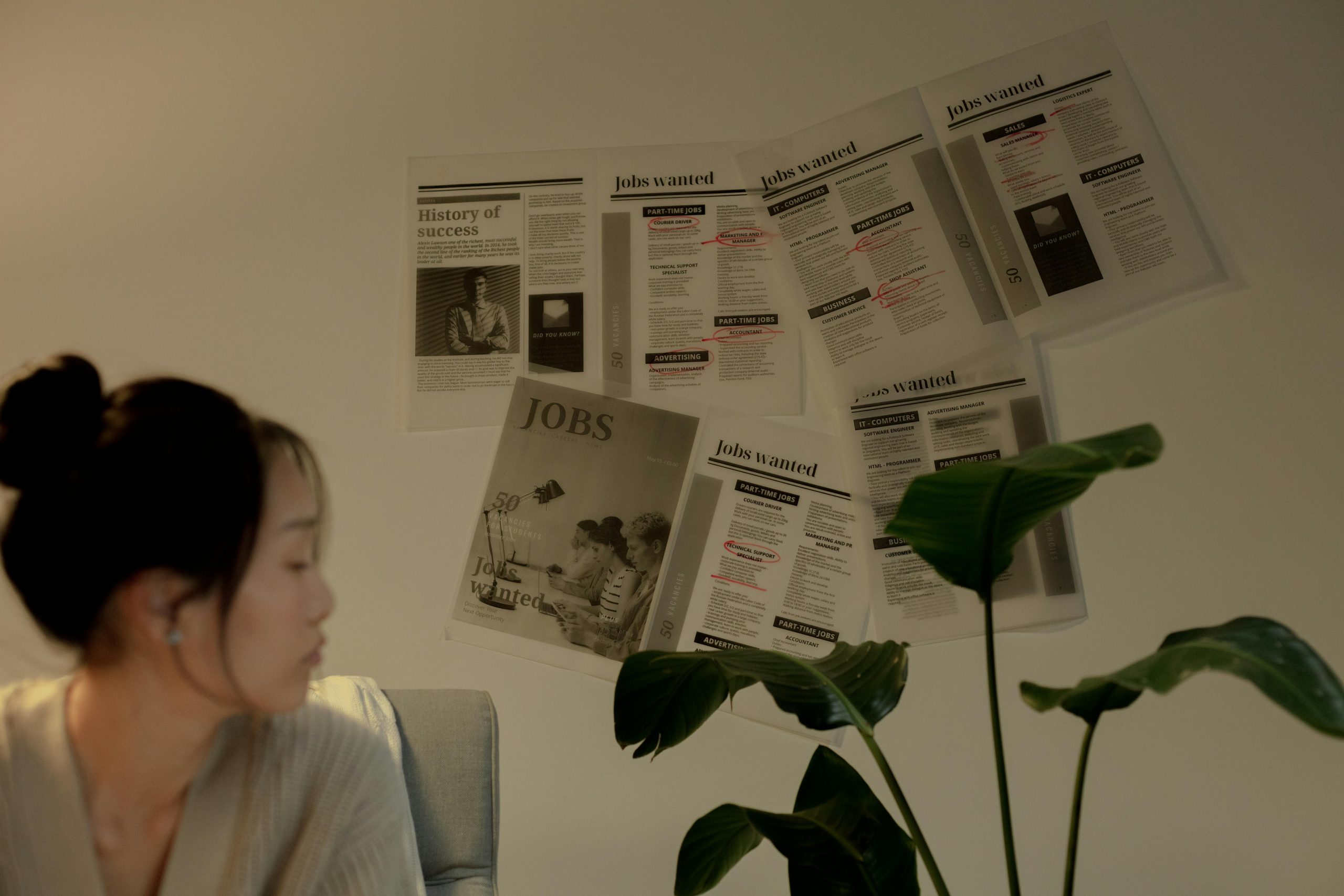Understanding Liability Disputes in Car Accident Claims: A Personal Experience
Navigating the complexities of car insurance claims can often be frustrating, especially when fault is disputed. Recently, I found myself in such a situation after a minor accident in a gas station parking lot.
The incident occurred as I was slowly driving through a parking area—approximately five miles per hour—when another vehicle backed out abruptly from a parking space and unintentionally collided with my passenger side door. Fortunately, CCTV footage from the gas station clearly indicates that I was not at fault. Despite this, my insurance provider, State Farm, has assigned only 65% responsibility to the other driver, leaving me with a 35% liability claim.
Despite raising concerns and discussing the matter with a supervisor, I have yet to see any resolution. My coverage includes full comprehensive and collision insurance, and the other driver’s insurance is also through State Farm. This situation raises important questions about how responsibility is assessed and what steps can be taken to ensure a fair outcome.
For anyone facing a similar scenario, here are some steps to consider:
-
Gather Evidence: Secure all relevant documentation, including surveillance footage, photographs, and witness statements if available.
-
Review Your Policy: Understand the specifics of your insurance coverage and the claims process.
-
Communicate Clearly: Keep detailed records of all interactions with your insurer, including dates, times, and summaries of conversations.
-
Official Dispute Channels: If dissatisfied with initial responses, escalate the issue through formal dispute mechanisms within the insurance company.
-
External Assistance: Consider consulting a claims ombudsman or legal professional specializing in insurance disputes for guidance.
Accidents are stressful, but being prepared and informed can make the process more manageable. If you’re facing similar challenges, don’t hesitate to seek expert advice to advocate effectively for your rights.
Note: The above reflects a personal experience and should not be construed as legal advice.



